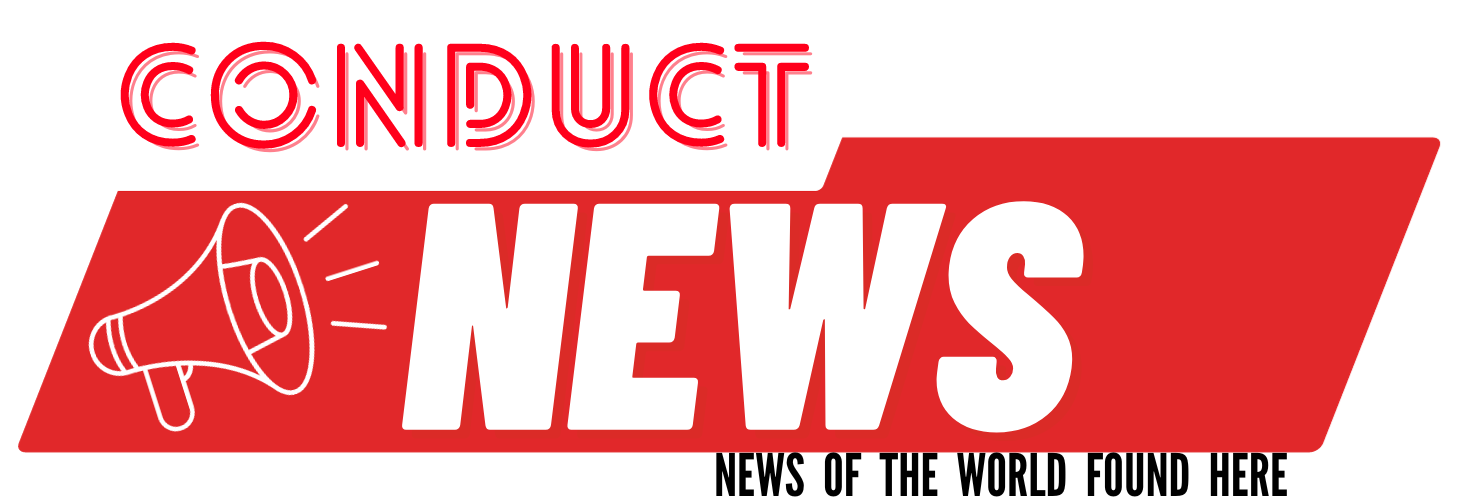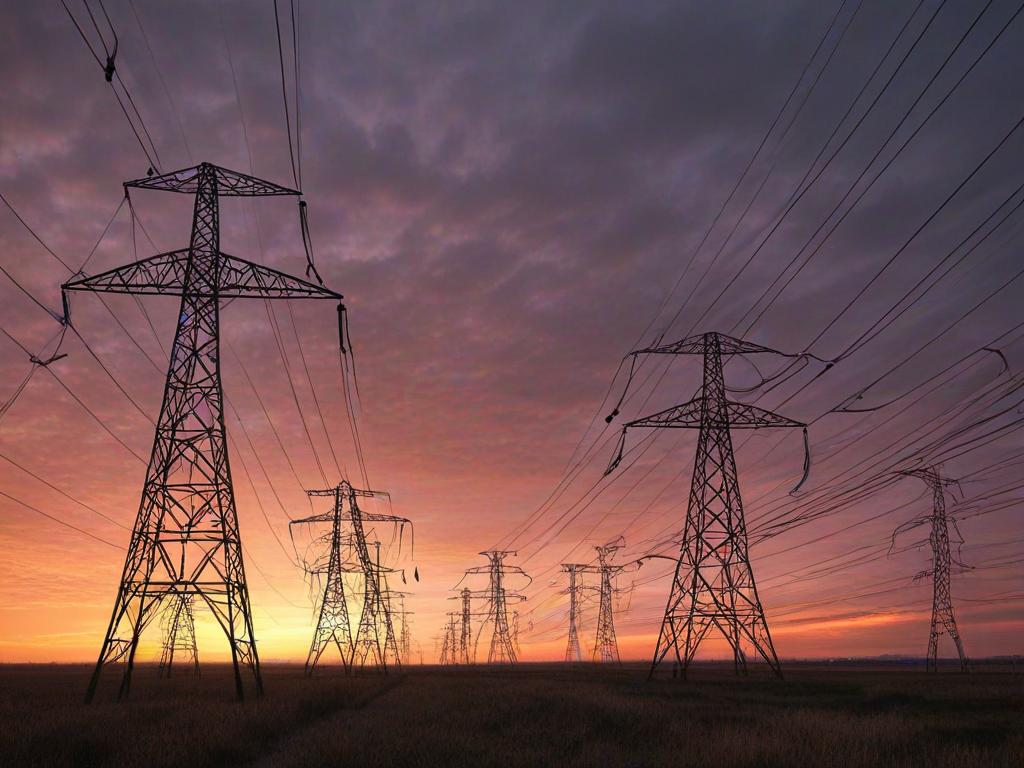Tensions Fueled by the rising costs of Electricity has lead to increased social unrest and widening the economic gaps between the poor and wealthy.
City Power, wholly owned by the City of Johannesburg, is responsible for most electricity distribution and retail sales to residential customers in the Johannesburg metropolitan area. However, South Africa’s national electricity utility, Eskom, also distributes and sells electricity to certain residential households in Johannesburg, particularly in Soweto and other poor townships, informal settlements, and rural areas.
Indigent and Poor Households
City Power’s Residential Prepaid Low tariff applies to households registered as indigent on the City of Johannesburg’s indigent register. The Residential Prepaid High tariff applies to the majority of poor, indigent, and other households with single-phase prepayment meters in areas served by City Power.
According to the National Treasury’s equitable share grant, about 950,000 indigent households in Johannesburg should receive free basic electricity. However, City data shows around 670,000 households live below the lower bound poverty line, and only about 30,000 indigent households are on the indigent register, meaning 95-97% of indigent households are not receiving free basic electricity.
Tariff Comparisons
For the 2024/25 financial year, City Power’s prepaid electricity tariff rates for the small minority of indigent households on the indigent register (R2.55 and R3.12 per kWh) are 16% and 26% higher than Eskom’s rates (R2.19 and R2.48 per kWh). For the majority not on the register, City Power’s rates (R2.72 and R3.12 per kWh) are 24% and 26% higher than Eskom’s.
Additionally, City Power charges a fixed monthly fee of R230, further increasing costs for the majority not on the indigent register. In contrast, Eskom’s rates are lower and apply to all indigent households without a monthly fixed charge. Only a small minority on the indigent register receive free basic electricity (50 kWh per month from Eskom, 100 kWh per month from City Power).
Cost Comparisons
For 200 to 400 kWh per month, City Power’s prepaid electricity costs for households not on the indigent register are significantly higher than Eskom’s:
- 200 kWh per month:
- Eskom: R438
- City Power: R774 (76% higher)
- 300 kWh per month:
- Eskom: R657
- City Power: R1046 (59% higher)
- 400 kWh per month:
- Eskom: R992
- City Power: R1478 (49% higher)
Year-on-Year Increases
For the significant majority not on the indigent register, City Power’s costs have dramatically increased:
- 200 kWh per month:
- 2023/24: R482
- 2024/25: R774 (61% higher)
- 300 kWh per month:
- 2023/24: R723
- 2024/25: R1046 (45% higher)
- 400 kWh per month:
- 2023/24: R1108
- 2024/25: R1478 (33% higher)
Eskom’s cost increases have been much lower:
- 200 kWh per month:
- 2023/24: R388
- 2024/25: R438 (13% higher)
- 300 kWh per month:
- 2023/24: R582
- 2024/25: R657 (13% higher)
- 400 kWh per month:
- 2023/24: R880
- 2024/25: R992 (13% higher)
Conclusions
City Power’s prepaid electricity prices are 49-76% higher than Eskom’s for indigent and poor households using 200-400 kWh per month. Additionally, City Power’s price increases are 20-47 percentage points higher than Eskom’s for the same consumption range. These disparities, especially affecting low-consumption customers, could exacerbate poverty and increase the risk of social unrest in Johannesburg.
Source: https://businesstech.co.za/news/energy/781193/social-unrest-storm-brewing-in-south-africa/






